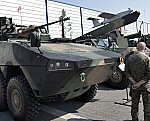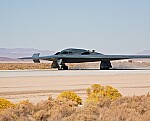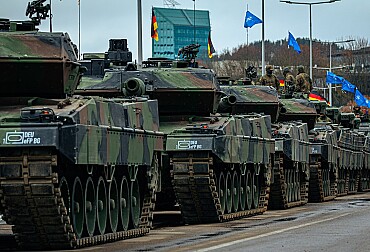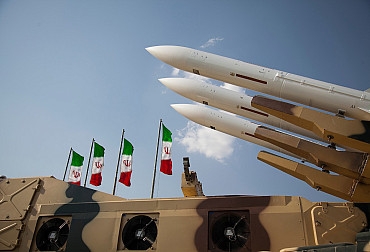A new axis of evil? The geopolitical context of Hamas terror
On Saturday, October 7, 2023, a new chapter opened in the decades-long conflict in the Middle East. Hamas terrorists managed to infiltrate Israeli territory and brutally kill hundreds of innocent civilians and take dozens of hostages to the Gaza Strip. The events of 7 October and the weeks that followed have reopened questions about security and stability throughout the region, where geopolitical tensions are reaching critical levels. In this context, we asked Jaroslav Kuchyňa, a former diplomat and intelligence officer who is currently focusing on Central Europe issues and the terrorist threat from the Middle East.
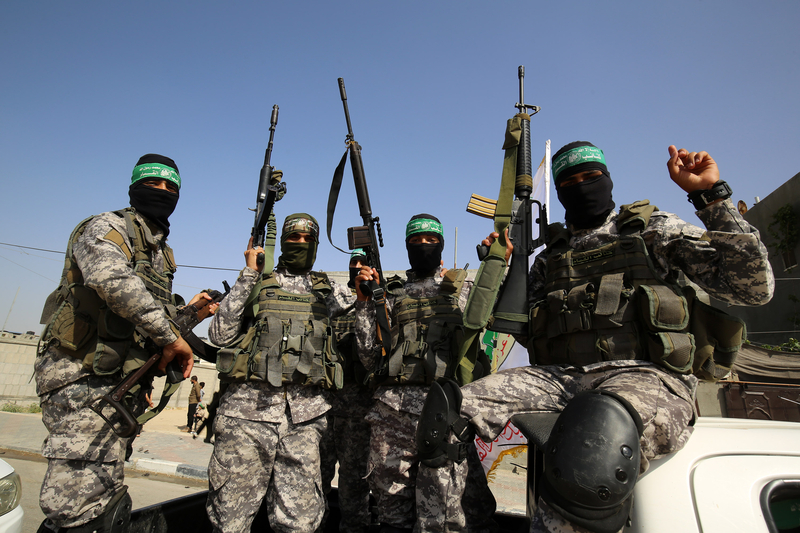
"Axis of Evil" is the term used by former U.S. President Bush for states that support terrorism. Who do you think constitutes the axis of evil today?
In geopolitical terms, the axis of evil is quite long. It starts in Pyongyang, continues through Tehran, cannot pass Moscow and, of course, ends in the Middle East in Syria. But it also touches all the countries that host representatives of the terrorist organisation Hamas on their territory, with the knowledge of the governments there, or allow them to stay . This is, for example, the much-discussed Qatar.
How badly must the Israeli intelligence and armed forces have failed when there could have been a Hamas terrorist attack in which more than 1 400 people lost their lives?
According to the outcome of the terrorist operation, the unpreparedness of the Israeli forces was absolutely fatal. Everything that could have failed must have failed. The specific culprits will surely be named later, but there is no time for that now. The Hamas operation was so extensive that its planning and preparation had to be carried out over a very long period of time; it cannot be prepared in a week. None of Israel's intelligence services seems to have assessed any operational findings as crucial. Israel thus faced the attack completely unprepared.
The conflict between Hamas and Israel is taking place on many fronts, one of which is the information space. How are the Hamas terrorists doing in the information sphere?
It's a bit of an apologia for the apostle Paul. It is not important how it was and how it really is. What matters is what people believe. Israel is losing the information war. This was beautifully demonstrated in the much-discussed case of the bombed hospital in Gaza. Although it later turned out that it was not an attack by Israeli forces, the media space continued to live on the fact that Israel was the perpetrator of the attack. The media talked about the massacre and stopped talking about the massacre that preceded it.
So is Hamas succeeding in putting Israel in the role of aggressor?
Hamas is still working with the historical perception of the Israeli-Arab conflict. It constantly talks about the occupation of the Palestinian state and about a free Palestine, but prefers to remain silent about the means by which it is waging the struggle against Israel. These are almost always acts of terrorism. This has been the case since the time of Yasser Arafat, when planes were hijacked or Israeli sportsmen were attacked.
From the information available, we know that Hezbollah operating in Lebanon has previously been linked to Russia, whether through joint exercises or other forms of cooperation. Do you expect Hezbollah to be directly involved in the current conflict?
We cannot fail to see a kind of synergy between Tehran and Moscow in the recent Ukrainian war. It is visible and obvious that Moscow is talking to Tehran and that Iran is offering something to Russia. And I cannot imagine that Iran does not have demands of Russia towards Hezbollah and Hamas.
Is it possible that it could get involved in the conflict in Ukraine after this conflict is over?
Hamas is certainly not interested in Ukraine. Nor does Hezbollah. Their field of action is completely different and their objectives are also different. Their main objective is the destruction of the State of Israel, which is what unites these two terrorist groups. However, they are not united by the religious factor, because Hamas is Sunni and Hezbollah is Shia, but they do have a common enemy: Israel.
Going back to the axis of evil, this undoubtedly includes Qatar, which openly supports Hamas...
Qatar obviously funds Hamas, there is no question about that. There is also the top leadership of Hamas on Qatari territory, with Ismail Haniyeh sitting in his villa in Doha, from where he theoretically directs some of the movement's operations. But I believe that the United States will play a greater role than Israel in eliminating Qatari funding for Hamas, and it will depend directly on their negotiations.



